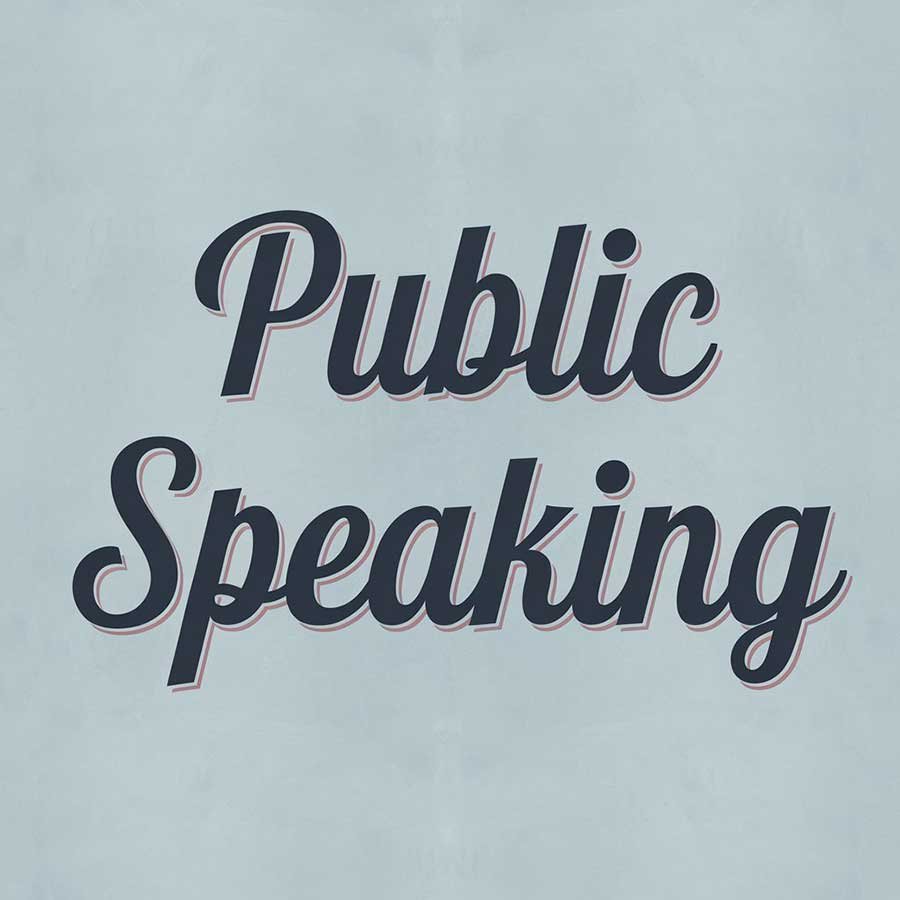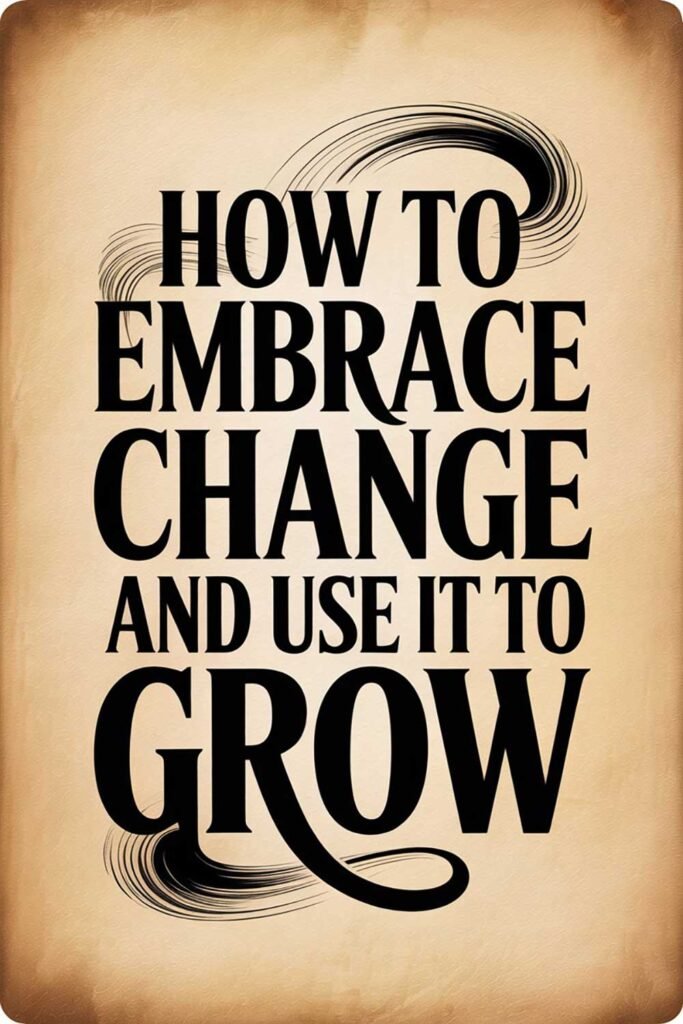
Mastering Public Speaking: How to Speak with Confidence and Impact
Public speaking is one of the most powerful skills you can develop, yet for many, it’s also one of the most terrifying. The ability to articulate your thoughts clearly and confidently in front of an audience can open doors to new opportunities, enhance your career, and boost your self-confidence. But how do you transform from a nervous wreck into a compelling speaker who commands attention and leaves a lasting impression?
In this guide, we’ll break down the art of public speaking into actionable steps so you can overcome fear, speak with confidence, and deliver memorable presentations that captivate your audience.
Understanding the Fear of Public Speaking
Before we dive into the strategies, let’s address the biggest obstacle: fear. The fear of public speaking, known as glossophobia, affects a significant percentage of people. But why does this fear exist?
- Fear of Judgment – The idea of being watched and judged can be overwhelming.
- Fear of Forgetting Words – Many worry they’ll go blank mid-sentence.
- Fear of Rejection – Some fear their audience won’t like them or their message.
- Fear of Physical Symptoms – Sweaty palms, shaky hands, and a racing heart can feel paralyzing.
Understanding that these fears are common is the first step. The key is not to eliminate fear entirely but to manage it and use it to your advantage.
How to Overcome Public Speaking Anxiety
1. Prepare Thoroughly
Preparation is your best weapon against anxiety. When you know your material inside out, you’ll feel much more in control. Here’s how to prepare effectively:
- Research Your Topic – Know more than you plan to say. A deep understanding allows for flexibility.
- Structure Your Speech – Have a clear beginning, middle, and end. Use bullet points if necessary.
- Practice, Practice, Practice – Rehearse in front of a mirror, record yourself, or practice with friends.
- Prepare for the Unexpected – Have backup plans in case of tech failures or audience questions.
2. Master Your Body Language
Your body speaks just as loudly as your words. To appear confident:
- Maintain Eye Contact – Connect with your audience rather than staring at notes.
- Stand Tall – Good posture projects confidence and authority.
- Use Hand Gestures Purposefully – Natural movements enhance your message.
- Control Nervous Tics – Avoid fidgeting, pacing excessively, or crossing your arms.
3. Control Your Voice and Tone
A monotonous voice can make even the most exciting topic sound dull. Improve your delivery by:
- Varying Your Tone and Pitch – Add excitement or seriousness when needed.
- Pausing for Effect – Pauses make your speech more impactful and give listeners time to absorb key points.
- Speaking Clearly and at a Moderate Pace – Rushing through words makes them harder to understand.
4. Engage Your Audience
An engaged audience is a receptive audience. Make them feel involved by:
- Asking Questions – Encourage participation.
- Telling Stories – Personal anecdotes make your speech more relatable and memorable.
- Using Humor When Appropriate – A well-placed joke can ease tension and build connection.
5. Visualize Success
Mental preparation is just as important as physical preparation. Before your speech:
- Visualize Yourself Speaking Confidently – Imagine a positive outcome.
- Replace Negative Thoughts with Positive Affirmations – “I am prepared. I am confident. I am capable.”
- Use Deep Breathing Exercises – Inhale deeply, hold for a few seconds, and exhale slowly to calm nerves.
6. Handle Mistakes Gracefully
Even the best speakers make mistakes. If you stumble:
- Pause and Regain Composure – Silence for a second or two is not a failure.
- Acknowledge It Lightly – A simple “Let me rephrase that” works wonders.
- Keep Going – The audience often doesn’t notice minor slip-ups unless you make a big deal out of them.
Practical Tips for Becoming a Better Speaker
Record Yourself
Hearing and seeing yourself speak allows you to identify areas for improvement.
Join a Public Speaking Group
Organizations like Toastmasters provide a safe environment to practice and refine your skills.
Study Great Speakers
Watch TED Talks, listen to motivational speakers, and analyze their techniques.
Start Small
Speak at family gatherings, work meetings, or small community events before tackling larger audiences.
The Power of Public Speaking
Mastering public speaking can transform your life. Whether you want to lead meetings confidently, give inspiring speeches, or simply express yourself better, strong communication skills set you apart.
Public speaking is not about being perfect—it’s about being authentic, prepared, and passionate. The more you practice, the better you’ll become.
Picture This
Imagine standing in front of an audience, your heart pounding—not with fear, but with excitement. You take a deep breath, smile, and begin speaking. The crowd listens attentively, nodding along as your words resonate. You feel a surge of confidence as you engage them with your stories, your voice steady and strong. By the time you finish, they erupt in applause, and you realize—you did it. You spoke with confidence, and they heard you loud and clear.
Now, picture yourself doing it again. And again. Because you can.
Please Share This Article
If this article helped you, please share it with someone who might benefit from it too!






